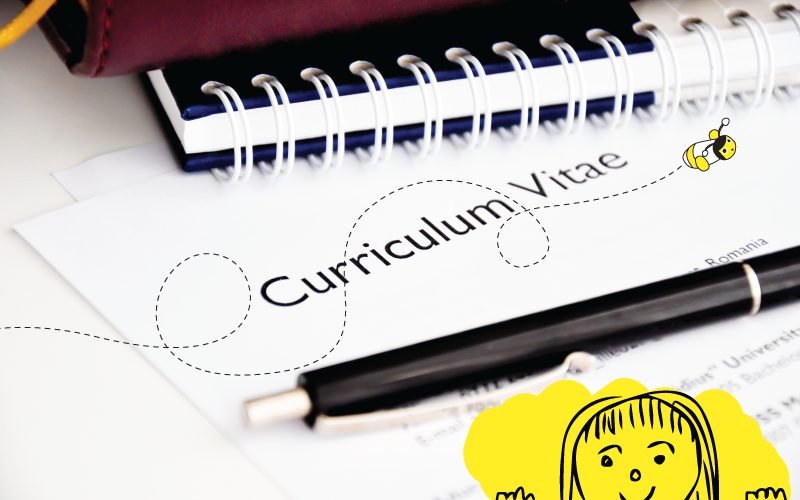Although economic factors and global innovations are changing the way we do business, the key document to complete a job application - your CV, remains just as important, powerful and necessary. Over the years, the format may have changed, but the content of your CV, in principle, has not.
A CV is a tried and tested document and accuracy is key. Not simply spelling and grammatical correctness, but the accuracy of quantifiable information. If your content doesn't provide the reader with this information, then it doesn't serve its purpose. There are key pieces of information we will always scan your CV for.
What do we look for?
First and foremost we will scan your CV for previous work experience and if you work in an industry that requires qualifications, we scan for academic results. If you are applying for work in a different location to that which you live, it's always a good idea to explain your reason for moving.
In the work history, we are searching for evidence of a career pathway, whether you have longevity in jobs or have moved around a lot, and specific skills or transferable skills relating to the advertised job you have applied for. If you are applying for a job outside of your current skill set, it's a good idea to explain why.
Some job seekers keep the information in their CV brief, thinking it will prompt us to pick up the phone and call them. This may be the outcome, however, they also run the risk of appearing unprofessional and/or unsuitable.
At Beyond Recruitment, we are all specialist recruitment consultants in our industry meaning we have advanced knowledge of your area of expertise. We know what we are looking for and have years of experience speaking to professionals like you every single workday which has given us an in-depth understanding of your profession.
Use words that make your experience measurable/quantifiable
This is one of the most common errors seen in our day to day work as recruitment consultants. We are looking for concise and measurable content.
There are two common mistakes we've seen, one being the use of immeasurable words and the second being using too many words and coming across as unprofessional, or waffling. Remember, you are selling yourself with your CV and wanting to show that you are the most suitable candidate for the job. We recommend you use words to do this concisely.
The best way to explain here is to use a few examples, most often seen in a cover letter or executive summary.
For example; the sentence 'I have a high level of technical expertise' prompts the question 'define high?' My version of high and your version of high could be two completely different things. You are assuming here that the reader uses the same descriptive language as you do. We quite possibly don't. A better sentence would be "I have 3 years technical experience using Revit CAD software."
Another example is "I have a great deal of facilities management experience", where a better sentence would be, "I have carried out facilities management tasks throughout my 8-year career."
A simple and possibly exaggerated example of too many words is "I have really fantastic design skills that really do show off all of my creativity." A better sentence would be "I often receive feedback that my design skills are creative and dynamic."
We could give you numerous examples of sentences and paragraphs that leave a lot unsaid or immeasurable and where skills are not quantifiable to the reader. Read back over your CV to check for accuracy, conciseness and quantifiable/measurable information.
Better still - test it out:
Your CV will make perfect sense to you, after all, you wrote it. The real test is having someone else read it quickly and then tell you three things:
- What your strengths are
- Why you are suitable for the job you are applying for
- Is it easy to read?
If their response doesn't match your intentions, try amending your CV, then going through the same exercise again. Test it out until you get answers that are aligned with what you are looking for. It's worth it if the result is that you land your dream job.
Writing a CV cannot be rushed. Take the time to ensure you have it right.
In Summary:
- Use concise language and don't waffle
- Use descriptions that make your skills and experience quantifiable
- Be sure to explain that which is not obvious, like looking for work in a new location or industry
- Test it out to ensure the reader understands your strengths and why you are suitable for the role
Good luck in your job search. Take your time, you are worth it. If you have any difficulty or any further questions about this article, call or get in touch with a Beyond Recruitment specialist today, we know your industry well.




.png)
